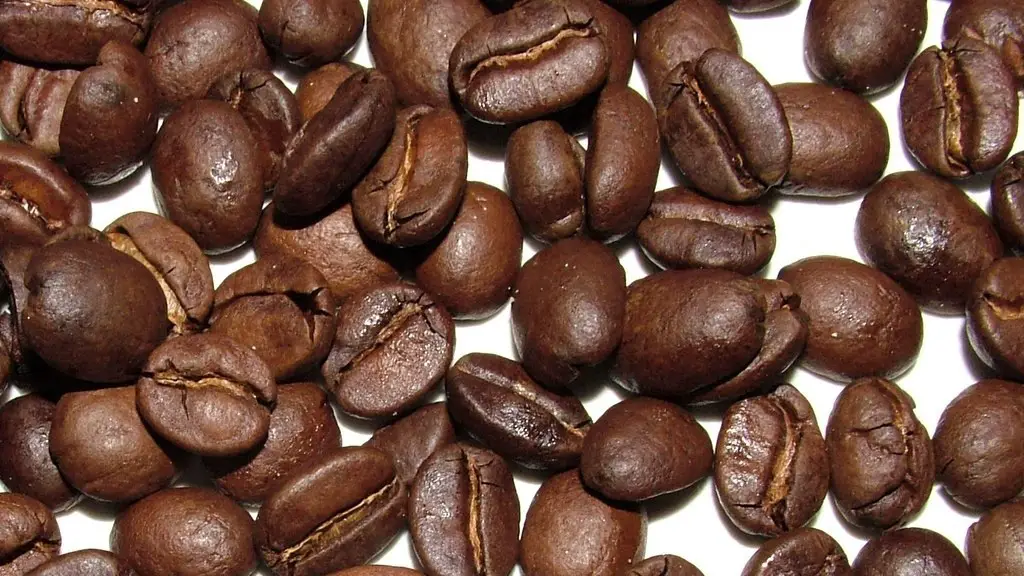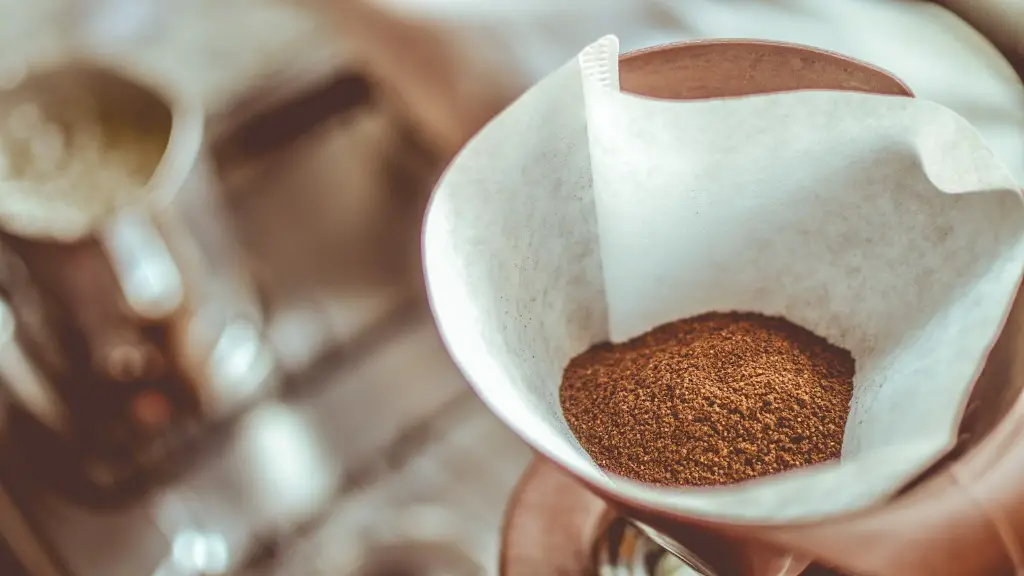A Deeper Look at Caffeine and Bloating
For coffee-drinkers everywhere, bloating brings a peculiar dread. It’s one thing if your midsection suddenly feels swollen after eating a certain food, or say drinking a glass of beer. But when the object of your affections – a steaming mug of Joe – is the cause of your bloating, a sense of betrayal often follows. So what can you do?
First off, it’s important to understand the underlying cause: caffeine. Coffee contains several properties which can have a direct effect on your digestion. Depending on your individual chemistry, this may manifest itself as anything from heartburn to bloating.
One of the most common triggering agents is the caffeine itself, since the compound increases the acidity of the stomach. This is why the American College of Gastroenterology advises that those with acid reflux, gastritis, and other gastrointestinal issues opt for decaffeinated coffee.
The second ingredient at play is chlorogenic acid, which may slow down the body’s preferred rate of digestion. If your metabolic rate is lower than usual, or your stomach is in an acidic environment, this could compound the issue and result in bloating caused by reduced sugar uptake or other digestive disfunction.
The third possible culprit is toxicity. Coffee by itself is generally benign, but it can be exposed to pesticide residues during growth. Unfortunately, it’s difficult to determine how much of this kind of poison is in your cup. Switching to organic is the best way to decrease your exposure.
Settings and Sensitivities
It’s worth noting that coffee consumption can trigger more than just bloating. Any individual reaction will depend on factors such as age, metabolic rate, medical history, and pre-existing dietary conditions. Furthermore, some people may be more sensitive to certain ingredients than others, and/or predisposed to certain problems.
Fortunately, there are ways to minimize any negative effects. If you consistently experience bloating after drinking coffee, try a few simple strategies to identify what’s causing it. The Mayo Clinic advises reducing your daily intake, although this won’t work for everyone. If this isn’t practical, try switching to decaffeinated coffee, as previously mentioned.
Alternatively, take a look at your current settings. Brewing temperature, grind size, and other brewing variables can have an effect on the quality of your beverage. If you’re being consistent with your settings and still experiencing bloating, it may be time to take a break from your beloved cup of java.
Finally, you can give yourself a fighting chance by drinking plenty of water throughout the day. This can help to protect your stomach against acidity and flush toxins from your body. It’s also important to course-correct if you’re having too much and start feeling the effects.
Take Home Tips
While it can be difficult to identify the culprit of your bloating, keep in mind that there are ways to manage any potential issues. Before swearing off coffee, do some research and experiment with your dietary settings. Consider variables such as brewing temperature, grind size, and daily intake – these can all have a direct effect on your digestion.
Finally, don’t forget that everyone’s individual needs will be different. If after trying all of the above, you still feel bloated, it may be time to check in with a health professional to get to the bottom of the issue. With a little knowledge and understanding, you can reap the benefits of java without the side effects.
Health Risks to Consider
Although coffee is generally safe and has a tremendous array of benefits, it can pose health risks as well. Most of these risks come with an overconsumption of the beverage: too much caffeine can cause an array of unpleasant side-effects include jerky movements, nervousness, headache, heart palpitations, insomnia, and anxiety. It can also act as a diuretic, leaving the body even more dehydrated than before drinking the beverage.
For these reasons and more, it’s important to remain mindful and maintain a healthy, balanced relationship with your cup of Joe. Stick to a recommended amount (2-3 cups per day) and mix things up with a cup of decaf every now and then. Doing so will help to maximize the many potential health benefits of coffee, while avoiding potential risks.
The Impact on Hormones
In addition to the digestive effects mentioned above, coffee can also have an effect on our hormones. This is because of its effect on cortisol, an important hormone involved in our brain’s ‘fight or flight’ response. Among its many functions, cortisol helps to regulate our level of alertness and energy, as well as controlling our stress levels.
Because caffeine has been known to increase cortisol levels, it can directly affect how stress is processed by the body. This can manifest itself in the form of a range of physical reactions, including headaches, nausea, and even bloating. In addition, it can take its toll on our mental health by lowering our resilience to stress and increasing anxiousness.
If you’re prone to anxiety and stress, it may be wise to limit your coffee intake as much as possible. Make sure to get plenty of rest and get some exercise whenever you feel stressed out. This will help to keep your cortisol levels in check, while making sure that you stay mentally and physically healthy.
Coffee Alternatives
If coffee is making you bloated, it may be time to take a break from its consumption. Fortunately, there are still plenty of warm, comforting beverages to enjoy this winter. Tea, for example, is packed with antioxidants and has its own unique flavor. Hot chocolate is one of the heartiest winter beverages, and goes well with biscotti, marshmallows, or whipped cream.
If you’re feeling adventurous, try making your own herbal alternatives. Many herbs contain compounds similar to caffeine, such as guarana, ginseng, and ashwagandha. Moreover, they offer a wide range of health benefits, giving you an extra boost of energy.
Whatever you decide to try, remember that moderation is key. Start small and work your way up, making sure to stay mindful of potential effects. This way, you can be sure that you’re making the best decision for your health and wellbeing.
Backed by Science
Up to this point, the discussion has largely been confined to anecdotal evidence and individual experiences. To wrap things up, let’s take a look at what the research has to say about coffee and bloating.
A few studies have found that coffee can reduce the number of peristaltic contractions in the stomach, thus slowing digestion and disrupting intestinal balance. This can cause an increase in the number of toxins absorbed into the body, thus leading to bloating. Other researchers have pinpointed caffeine as the culprit, arguing that it can have a detrimental effect on gut microorganisms and digestion.
Of course, individual biochemistries will vary. Coffee in moderation can offer health benefits, but it’s important to bear in mind that everyone’s body is different. If you’re experiencing bloating after drinking coffee, it may be wise to reduce your intake and see if you notice any differences.
Simple Lifestyle Changes
Be it a change in your morning brew or a complete caffeine detox, there are plenty of simple lifestyle changes that you can make to reduce the risk of bloating. These can include: drinking plenty of water and avoiding sugary beverages; eating more fiber, fermented foods, and probiotics; and engaging in low-intensity exercise.
Finally, as mentioned earlier, it may be worth consulting a health professional to look more deeply into the issue. With a few tweaks to your diet and lifestyle, you can be sure that you’re getting the most out of your coffee, without the dreaded bloat.





